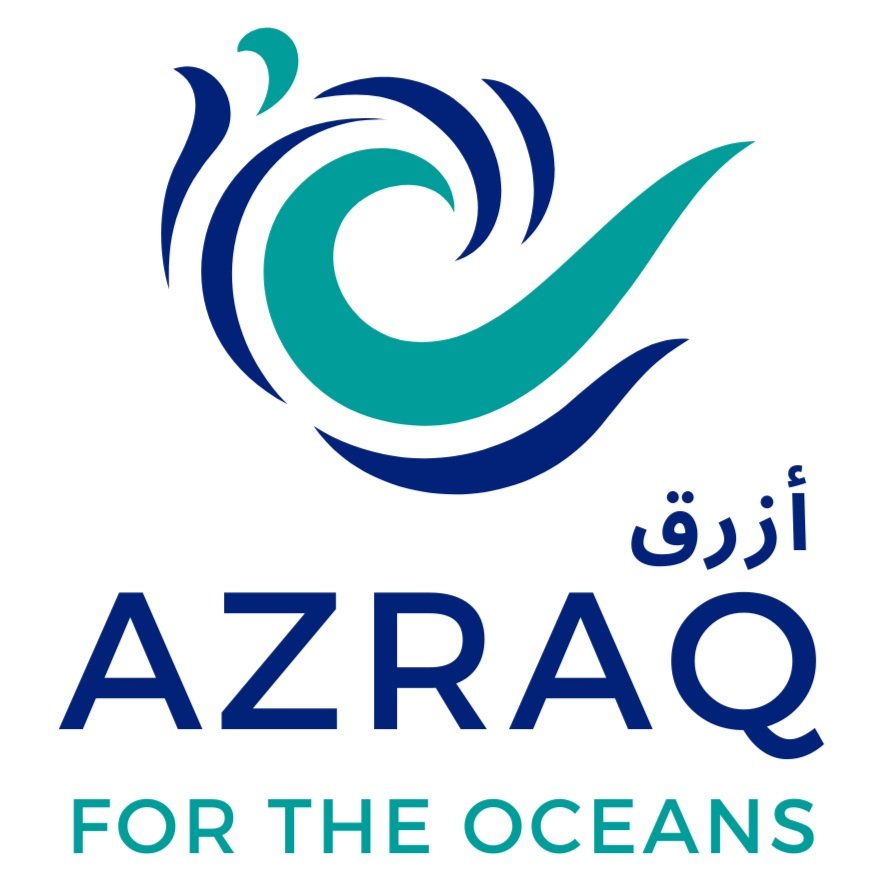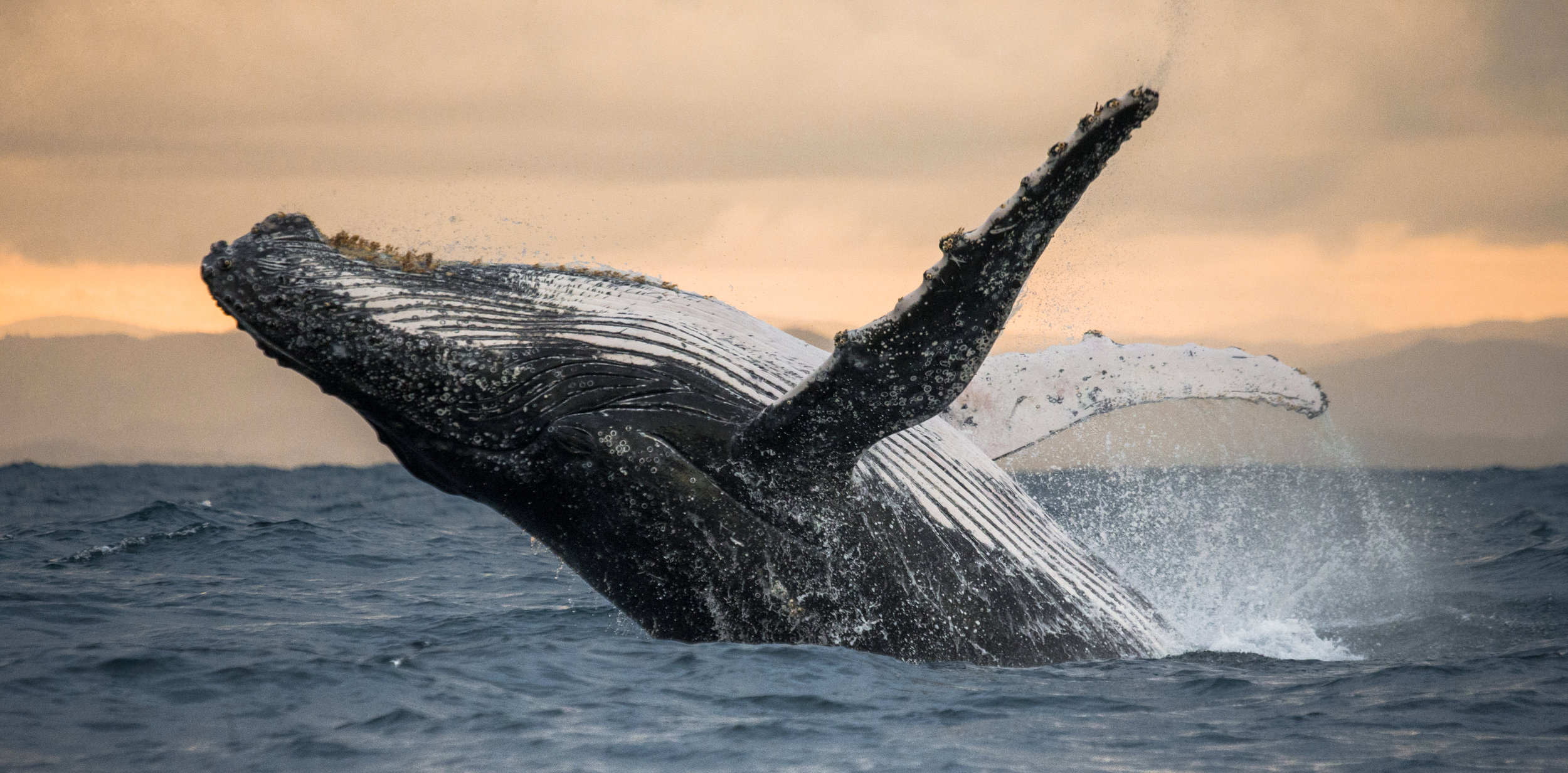By Natalie Banks
Marine Conservationist
The rise of the zero-waste movements globally, started by individuals and industries, continues to intensify as the focus on plastic pollution also increases.
As consumers are focussing on refusing, reducing, reusing, recycling, repurposing, and refilling, industry needs to look at reinventing.
There is no doubt that sustainability is in the spotlight. More people are questioning brands on their eco-ethical practises, but progress has been slow. This is due to there not actually being a quick-fix in most situations. The beauty of plastic is a double-edged sword, being malleable, lightweight and cheap to make and transport. But the ugly side of plastic is that it lasts an extraordinary long time – most times, longer than the consumer needs it for.
Therefore a focus on the formats and the packaging of products would be the likely starting point as industry looks to embrace zero-waste, but raising awareness and offering simple solutions to deal with waste will also go a long way.
Take Rove Hotels in Dubai for example. The hotel offers bottled water to guests, but they also have a program whereby you can bring water 20 plastic bottles to their Daily Restaurants and get 50% off a meal. They haven’t yet installed a viable solution to solve water bottle waste, (though they have removed plastic straws, reduced plastic containers and offer carafes of water in their restaurants) but they are providing the opportunity to recycle these bottles through Bee’ah and to turn these bottles into mats and tubs. The hotel chain has received kudos within local media along with environmentalists and conservationists as a result.
Consumers are expecting brands to take responsibility for their waste and are attracted to manufacturers, companies and brands that not only so do, but also facilitate waste reduction processes for consumers.
With waste and single-use plastic on the top of the news agenda, consumers are concerned about the impacts on the environment, being able to take their own steps to reducing waste, saving money, inspiring others (usually through social media) and being healthy.
By reinventing, and innovating, industry can be part of the movement. Creating zero-packaged, and waste-free products will appeal to consumers with a sense of sustainability, as will assisting consumers post-purchase on packaging disposal and upcycling schemes. A focus on circularity, which allows products and/or materials to be recovered, regenerated and reused, rather than disposed of, will ensure that your products and brand avoid backlash from consumers.
While there is some exciting initiatives being bandied about to refill, reuse or repurpose products, industry must also ensure that these initiatives wont end up being more toxic for the environment in the long term. Every part of the supply chain needs to be considered from an ethical and environmental standpoint. For example, while straws made from cornstarch known as polylactic acid are generally made from less toxic resources than fossil fuels, currently most countries are unable to compost products made from PLA. In fact, one of the most advanced composting city in the world, San Francisco banned PLA straws in addition to plastic straws as they could not deal with the industrial composting requirements of 90 days and 60 degree Celsius heat in order for it to biodegrade.
Despite the zero-waste concept being at odds with the traditional luxurious image, especially for prestigious brands, the excitement of moving toward this idea is redefining what luxury means. Lush Fresh Handmade Cosmetics is one brand that comes to mind that has embraced this concept and brought some beautiful products into the beauty industry, with their “naked” merchanidse.
There is however a gap in the market to upcycle products. While we are starting to see an uptake of brands offering refills to their customers, there are greater opportunities for post-sale communication and awareness programs, which provide information on how new innovations, are reducing waste. Implementing a returns scheme, allowing customers to return packaging they do not wish to refill, and providing ways to refurbish products in returned packaging could ensure sustainability goals are met.
While there has been a focus on what the individual can do in terms of waste reduction, consumers are now starting to ask questions on what the industry is doing also and demanding that they be responsible for the waste that they are producing, While it may be a hard ask to suggest that industry aim for zero waste, moving towards waste reduction needs to be on the agenda, in order to meet the expectations of those purchasing your products.

